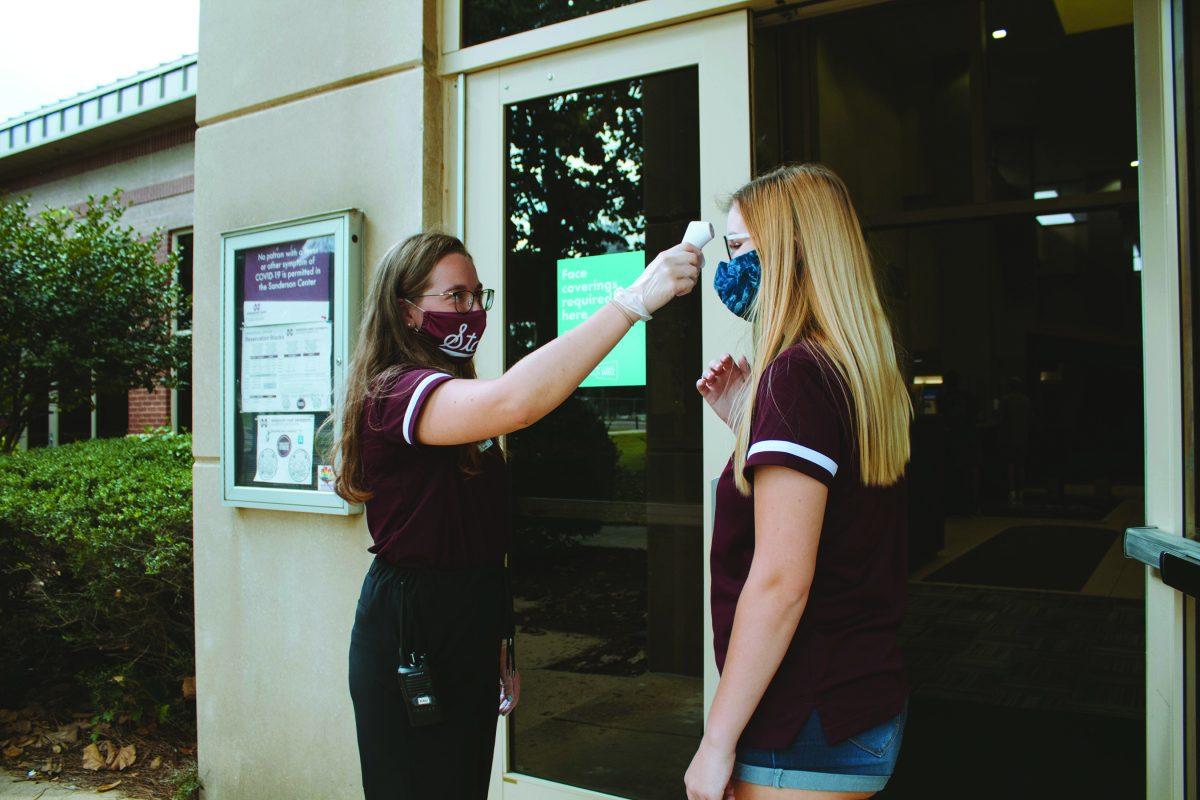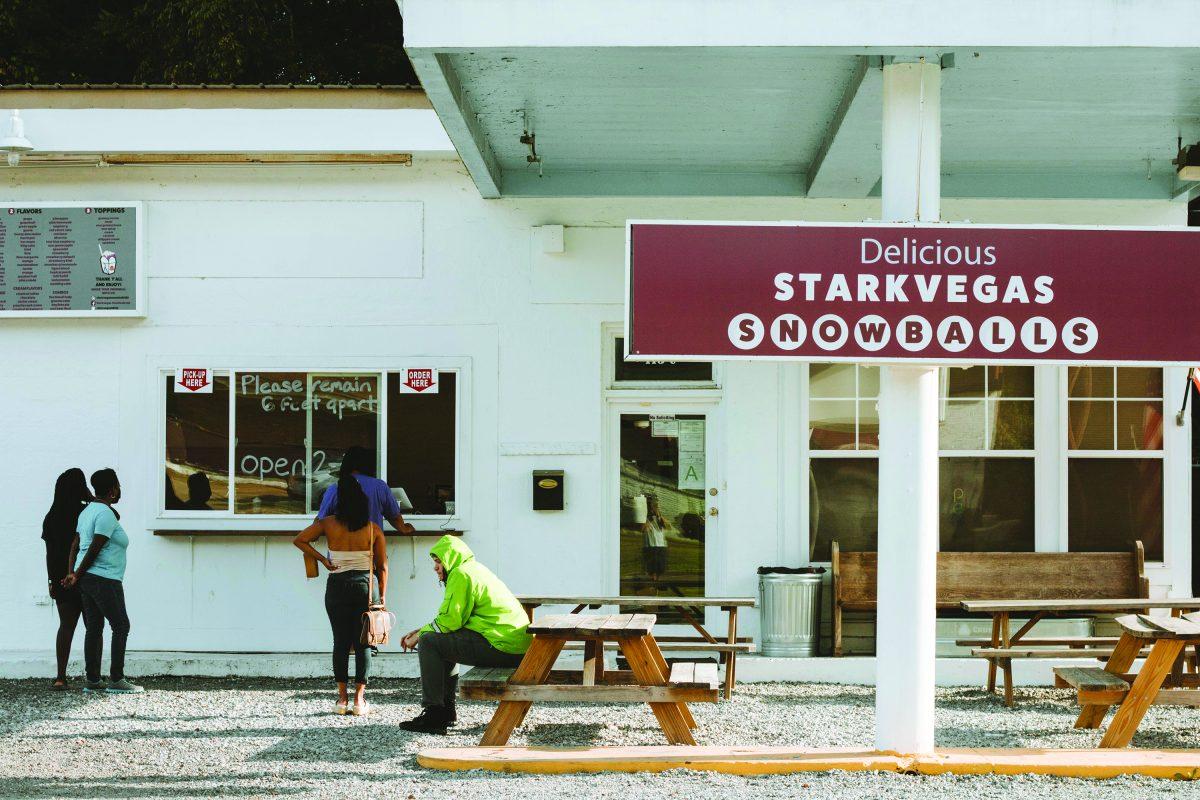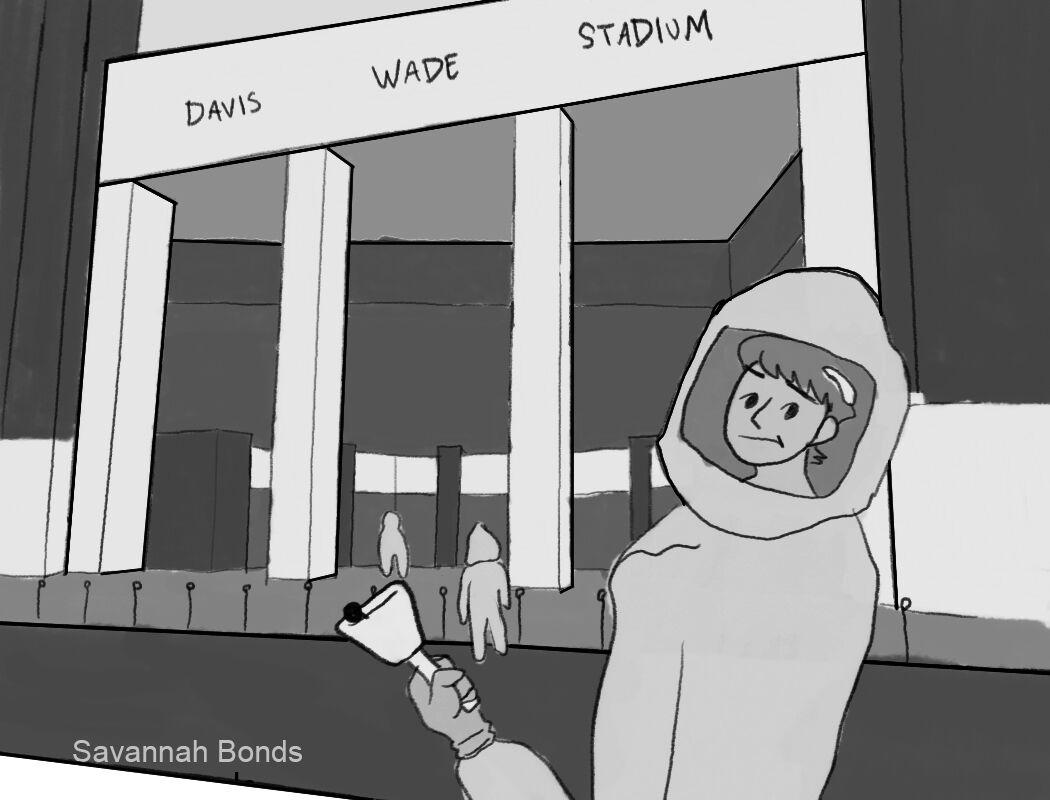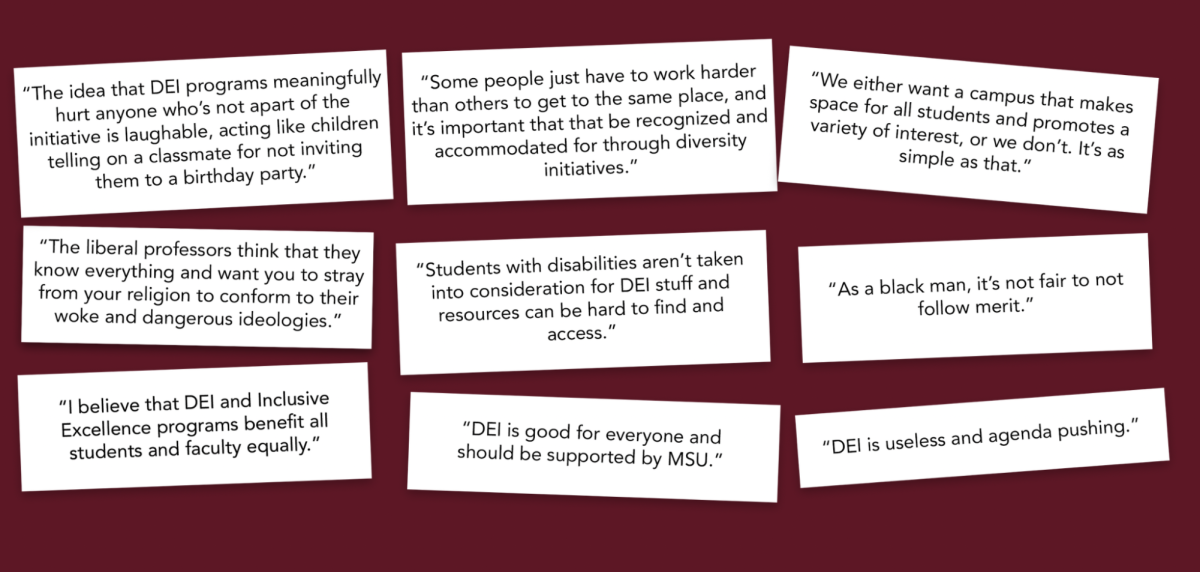A Mississippi State University professor specializing in the history of medicine is hosting a live Q&A on Wednesday to discuss the COVID-19 pandemic.
Courtney Thompson, an assistant professor in MSU’s Department of History, will use her expertise in the history of disease and pandemics to answer questions in a Facebook live event called “Understanding the Pandemic'” on Wednesday, April 15 at 2 p.m. on the Institute for the Humanities Facebook page.
“We will discuss the nature of the current coronavirus crisis by drawing some comparisons with other historical pandemics, including the influenza pandemic of 1918-1919, HIV, AIDS and perhaps other disease experiences like the bubonic plague, smallpox or cholera,” Thompson said.
Thompson said the event is designed to be interactive. Viewers can ask questions in the comments to help shape the conversation based on their interests and concerns.
According to MSU’s Institute for the Humanities director and history professor Julia Osman, this event is not necessarily looking at the pandemic from a medical standpoint, but instead, it is meant to shed light on how to make sense of this unique time.
Osman said people are processing this pandemic in vastly different ways. Some people believe it is not actually happening or do not know what to think about it, and others believe it is the end of the world.
Osman said she believes Thompson can show that the humanities and science work together, despite the beliefs of many people, and that understanding the history behind pandemics helps people know how to react to the virus in the current day.
“Dr. Thompson is a historian of medicine and uniquely positioned to have a long, broad-term understanding of what is going on right now,” Osman said. “She looks at how people understood the disease itself and how the way they understood it changes how they acted around it.”
“Understanding the Pandemic” presenter Thompson believes STEM–science, technology, engineering and math–is crucial to understanding the virus, but many people undermine the importance of humanities. Thompson said there are many important lessons from history that can help shape public health responses.
According to Thompson, the influenza pandemic of 1918-1919 gives historical examples of places which practiced efforts to reduce the severity of the disease and those that did not, specifically in St. Louis, Missouri and Philadelphia, Pennsylvania.
Thompson said understanding these differences is extremely important for how the world should react to the coronavirus. The history of medicine also helps people understand how social factors affect susceptibility and how vaccines and treatments were developed in the past.
“The humanities, as a whole, provide us with models for how to process and understand the experience of a pandemic,” Thompson said. “Literature, poetry, art and historical documents like diaries and letters all provide us with lessons about what it feels like to live through a pandemic.”
Institute for the Humanities Assistant John Burrow said he is also excited about how this interview will reflect the important relationship between the humanities and science.
“All history is a way of understanding where we have been before in similar situations,” Burrow said. “Understanding how historically Americans, governments and society grappled with issues related to pandemics and how medical professionals took care of pandemics in the past can be informative of what we should be doing now.”
Burrow is looking forward to covering all questions surrounding the coronavirus and the history of pandemics. He said the Facebook live event is an open, friendly atmosphere and everyone is welcome to join.
“This event is free and open to the public,” Burrow said. “We welcome any and all questions, and we hope to do more of these types of events in the future.”
MSU history professor to host live forum on coronavirus concerns
0
More to Discover

























































































